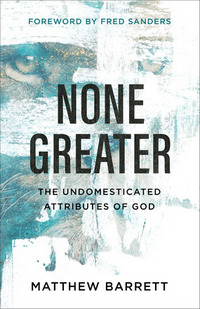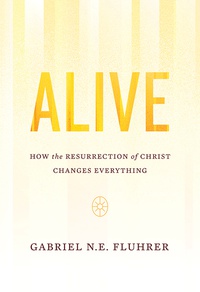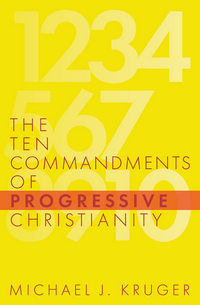 Bully Pulpit:
Bully Pulpit:
Confronting the Problem
of Spiritual Abuse in
the Church
DETAILS: Publisher: Zondervan Publication Date: November 8, 2022 Format: Hardcover Length: 145 pg. Read Date: November 20-27, 2022

The Back of the Book
Are churches looking for the wrong kind of leaders?
The last decade has witnessed a rising number of churches wrecked by spiritual abuse—harsh, heavy-handed, domineering behavior from those in a position of spiritual authority. And high-profile cases are only a small portion of this widespread problem. Behind the scenes are many more cases of spiritual abuse that we will never hear about. Victims suffer in silence, not knowing where to turn.
Of course, most pastors and leaders are godly, wonderful people who don’t abuse their sheep. They shepherd their flocks gently and patiently. But we can’t ignore the growing number who do not. We have tolerated and even celebrated the kind of leaders Jesus warned us against.
We need gentle shepherds now more than ever, and in Bully Pulpit, seminary president and biblical scholar Michael J. Kruger offers a unique perspective for both church leaders and church members on the problem of spiritual abuse, how to spot it, and how to handle it in the church.
The Approach
Kruger is writing to defend the Church—all of it. Congregations and other organizations need to be aware of what to look for—both in leaders they are about to call, and those already called—both the attributes we want to see and the warning signs we should be aware of. We need to be able to take appropriate steps to protect the victims of abuse while investigating the claims, and part of that is recognizing the duty of leaders to do that. Yes, there’s an obligation to investigate thoroughly, to presume innocence, and to follow the existing ecclesiastical and accountability structures in place—but we shouldn’t set the well-being of a bruised reed up against those.
We—as individual believers and corporately—need to understand what spiritual abuse is, the damage it can do, and how we can inadvertently help abusers to get away with it. More than that, we need to look at the whole of Scripture to see the very consistent message that God has given when it comes to those leaders who would cause his people harm. Recognizing the seriousness of the problem from eternal and temporal perspectives ought to be the starting point.
Kruger knows his ecclesiology, he knows leadership of Christian organizations, he understands the warnings of the Bible—and he’s taken steps to learn from the abused. He puts these together to shape and inform the discussions here.
So, what did I think about Bully Pulpit?
The biggest problem with this book is that it’s an introductory volume. Kruger’s starting the conversation for many (for others, he’s continuing it, and hopefully bringing more into it). As it’s just an introduction, some of the suggestions are too vague. Also (and he admits this more than once), most of what he suggests would work best in larger congregations and organizations—which leaves out many/most of those in this country alone. Yes, most of this can be scaled down to meet a medium/small congregation’s needs, but that will present problems.
Those are really the only drawbacks I saw here. And they’re pretty minor—Bully Pulpit should serve to initiate people to the issue and prompt more people from the confessional and conservative wings of Protestantism to start addressing this problem. It’s not only an introduction in that it’s basic and a beginning—it’s introducing the topic to a whole lot of people.
Kruger is clear about the issues, he’s clear about the responsibility of the Church and her leaders to address them. This is a significant problem, and it appears to be growing (I think it’s really our being exposed to it that’s growing—as Kruger shows, we’ve seen it in the Church from the beginning). I hope that Kruger’s call to action is heeded.
Picking this up yourself or giving it away, would be a good step in that direction.

This post contains an affiliate link. If you purchase from it, I will get a small commission at no additional cost to you. As always, the opinions expressed are my own.
![]()










